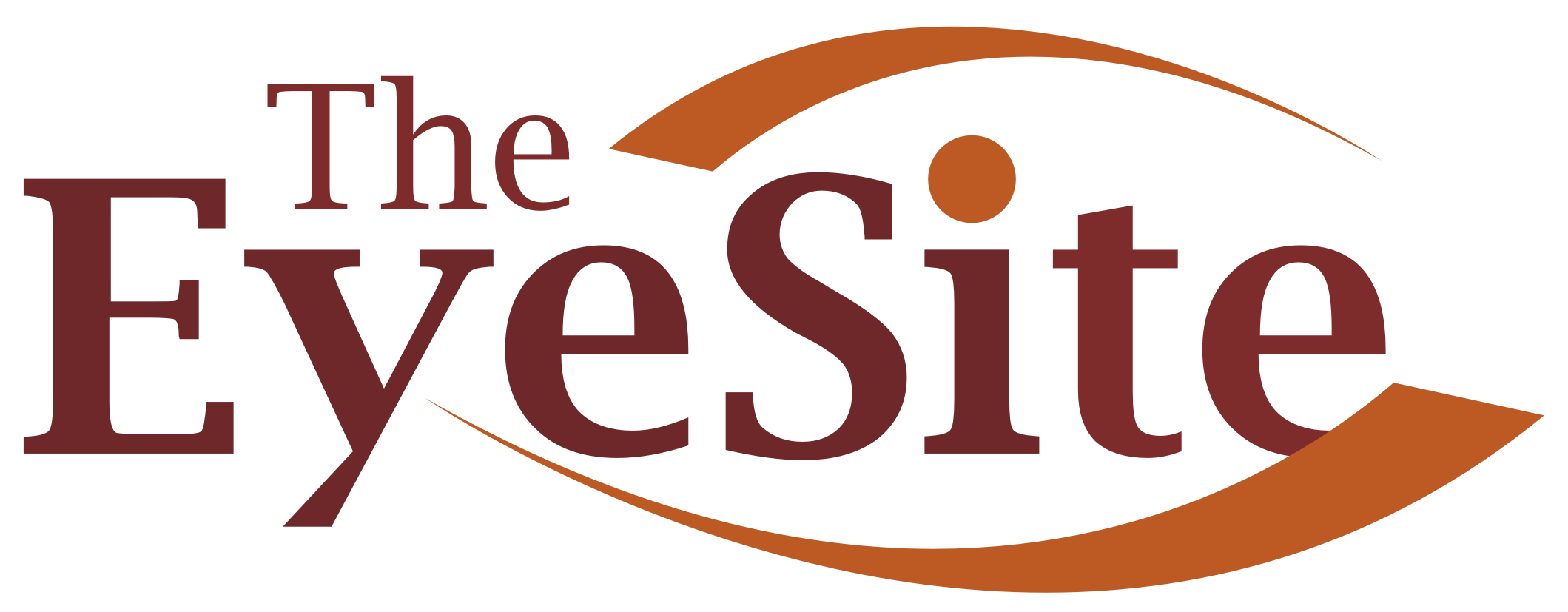What causes myopia?
What causes myopia? The truth is, scientists and medical professionals are still learning about myopia and its main causes. Thus far, however, there are several factors that have been linked to myopia development:
Genetics: If one or both biological parents are nearsighted, that child's risk for developing myopia is increased.
Screen time and other near work: Studies continue to show that doing near work—using a smartphone, computer, tablet or other device; doing schoolwork; or reading a book—more than 3 hours per day, contributes to the onset and/or progression of myopia.
Environment and habits: Habitually spending more time indoors, doing near work increases the risk of myopia. Outside, your eyes are constantly moving around, scanning the horizon, focusing on different distances and therefore doing a larger range of muscle movement. Indoors has a much shorter horizon distance, so your eyes aren’t having to adjust as great a range. Over time, those shorter focusing habits can lead to myopia. Spending at least 2-3 hours outdoors—especially during daylight hours, which provides a protective vitamin D boost—has been shown to delay or prevent its onset.
Child’s height: Taller children and adolescents have a higher incidence of myopia than their shorter counterparts. This is likely due to grown spurts—as your child grows, so do their eyes.
Image credit: Unsplash
If your child has myopia, we can help!
Unfortunately, myopia can seriously affect a child's future eye health and vision. Having myopia in childhood significantly increases their risk of developing serious eye diseases and conditions like glaucoma, retinal detachment, cataracts, and macular degeneration in adulthood. The good news is that myopia can be effectively managed to reduce the risk of future eye disease.
Schedule regular eye screenings for your child: Doctors recommend yearly vision screenings either by your child’s pediatrician or their school as well as a vision screen at well-child visits through age 4. Newborn babies should also have their vision tested before they leave the hospital and before your child hits the age of 5.
Spend time outdoors! 2-3 hours a day is optimal.
Limit screen time (as much as possible): One of our favorite non-screen-but-media activities for kids is listening to audiobooks. They get absorbed in stories but get to relax their eyes—bonus for listening outdoors!
If your child already has more severe myopia, Dr. Kaur can help them: Visit our myopia management page to learn how myopia can be slowed and even corrected with cutting-edge treatments or schedule a consultation.


